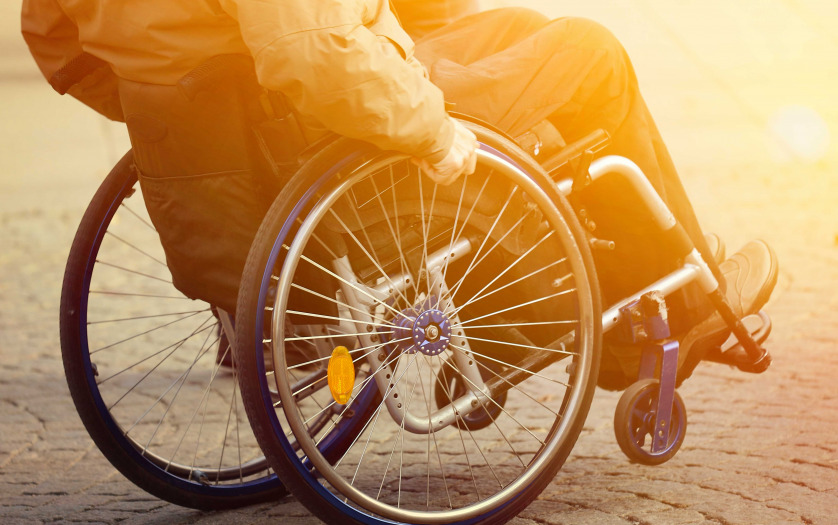
Today, the world joins together to observe International Day of Persons with Disabilities, promoting the rights of persons with disabilities.
The United Nations Educational, Scientific, and Cultural Organization (UNESCO) is using its social media platforms to highlight the stories of persons with disabilities during the COVID-19 pandemic.
This year’s theme is “Leadership and Participation of Persons with Disabilities Toward an Inclusive, Accessible, and Sustainable post-COVID-19 World,” reports Daily Times Pakistan.
Highlighting the substantial challenges faced by PWDs during the pandemic, the campaign’s goal is to ensure that the future is inclusive, accessible, and sustainable for all in a post-coronavirus world.
According to the UN, in excess of 1 billion people globally have some form of disability. The Centers for Disease Control reported that of this 1 billion, almost 61 million are US adults, meaning approximately 26% of Americans experience difficulties in activities of daily living.
Cyber and IT-oriented companies often play integral roles in developing assistive technologies that maintain, increase or improve the functional capability of persons with disabilities.
The World Health Organization (WHO) recognizes disability as global public health and human rights issues.
WHO recognizes ‘disability’ as “an umbrella term for impairments, activity limitations, and participation restrictions, denoting the negative aspects of the interaction between an individual (with a health condition) and that individual’s contextual (environmental and personal) factors. Disability is neither simply a biological nor a social phenomenon.” (WHO Global Disability Action Plan 2014-2021.)
First declared in 1992 by the United Nations General Assembly resolution 47/3, the International Day of Persons with Disabilities strives to promote an understanding of disability issues and raise awareness for the dignity, rights, and well-being of persons with disabilities .
Disability inclusion is an vital condition to upholding human rights, sustainable development, and peace and security. It is also fundamental to the promise of the 2030 Agenda for Sustainable Development to leave no one behind.








